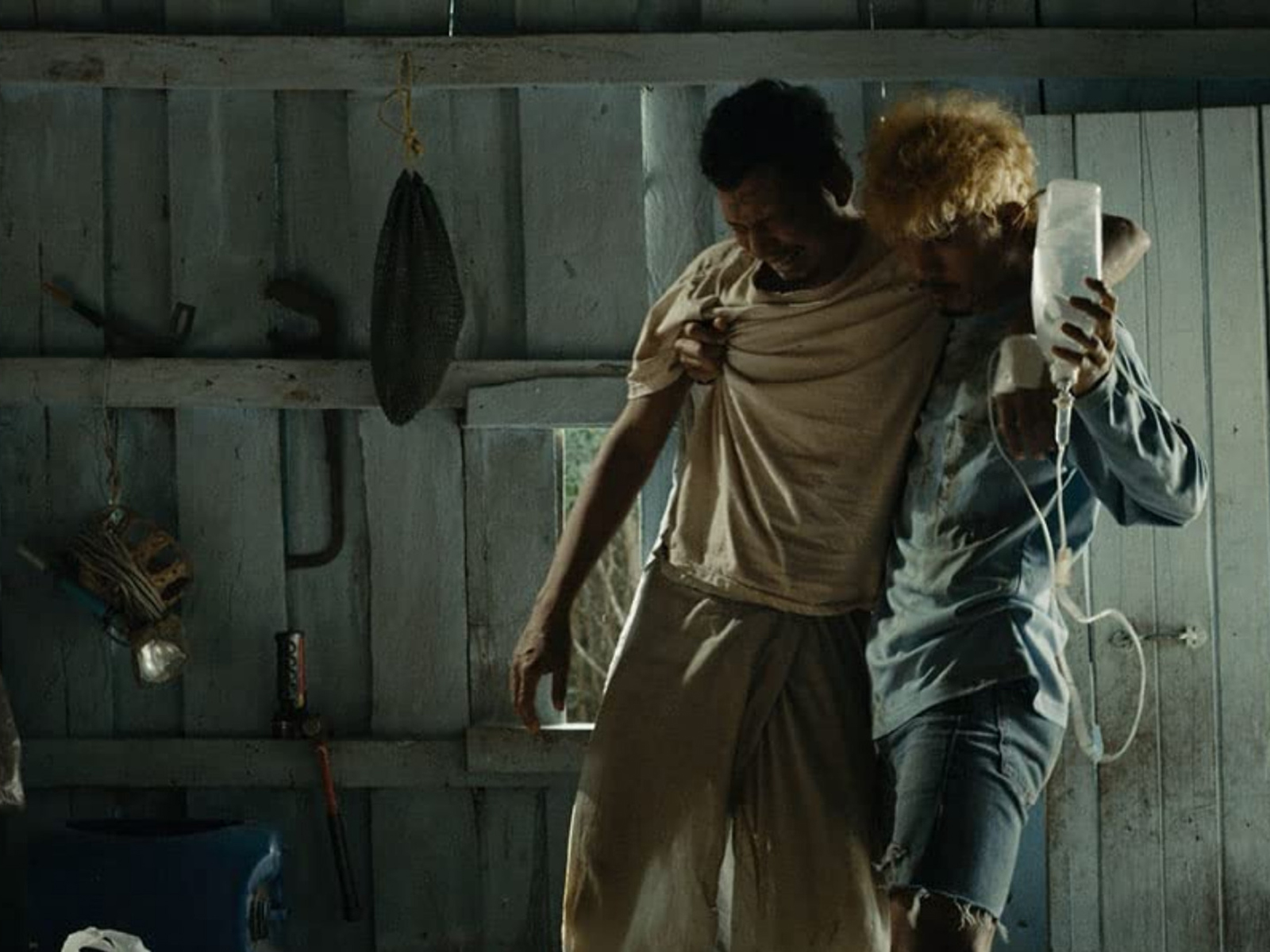
- Film
New Asian Cinema: Manta Ray (Thailand)
Starting in the 1980s and the early ‘90s, competition from Hollywood swept through Asia. The cinema of Thailand was known for its hardcore action films, but it hit a low point when audiences shifted their attention to Hollywood blockbusters. Placed under the scrutiny of a censorship board, Thai films experienced a rather monotonous period because of a lack of genre varieties and financing resources.
After the Asian financial crisis in 1997, three television commercial directors – Nonzee Nimibutr, Pen-Ek Ratanaruang, and Wisit Sasanatieng – were determined to give Thai cinema a facelift by creating more artistic visuals and local stories to compete with Hollywood content. Giving birth to “The Thai New Wave”, these directors made exciting breakthroughs at local box offices and on the global market. In 1997, Ratanaruang’s crime comedy, Tears of the Black Tiger became the first Thai film to be screened at the Cannes Film Festival.
Awakened and inspired by the New Wave directors who achieved commercial and artistic success, a group of independent filmmakers emerged to work outside the strict confines of the Thai studio system and have continued to push the cinematic envelope over the past two decades. Due to limited budgets and the urge to explore edgy themes, Thai indie film directors often start with experimental short films that often get censored by the government. Among these, the 44-year-old director and cinematographer Phuttiphong Aroonpheng has quite a prolific shorts filmography.
Most of Aroonpheng’s short films tackle current social phenomena through microscopic personal turmoil. His latest short Ferris Wheel (2015) screened at over 20 festivals and received 10 awards. The film is about a mother and son who leave Myanmar in hopes of a better life in Thailand. In 2012, the Thai government refused to provide sanctuary to Rohingya refugees and left hundreds stranded at sea. Ferris Wheel was inspired by true events during the Rohingya refugee crisis between the two countries.
Aroonpheng’s first feature Manta Ray is a thematic twin of Ferris Wheel, reflecting Aroonpheng’s continuing frustration with Thailand’s response to the Rohingya refugee crisis. The story follows an unnamed young Thai fisherman (Wanlop Rungkumjad) and an injured, mute Rohingya man (Aphisit Hama) in a Thai coastal forest. After the fisherman rescues the Rohingya man, the two form a camaraderie. One day, the fisherman goes missing. The Rohingya man then takes on the responsibilities of his missing friend. He changes his appearance to resemble the fisherman and takes over his job, even unexpectedly forms a relationship with the fisherman’s estranged wife. He’s started a new life in Thailand, but no one knows his real identity.
Taking away the Rohingya man’s ability to talk, Aroonpheng edits the first ten minutes of the film with no dialogues, a metaphor for the voiceless refugees who are deprived of the opportunity to ask for their human rights. Aroonpheng helmed the cinematography of the film. His approach interweaves gritty aspects of life in Thailand and poetic surrealism. French composers Christine Ott and Mathieu Gabry created the film’s original score under their duet pseudo name Snowdrops. The film’s final image is a gliding manta ray that swims in the ocean freely.
Aroonpheng’s Manta Ray is the first Thai movie to receive the award for Best Film in the Orizzonti sidebar at the Venice Film Festival. Aroonpheng won the Best Film Award at the 2018 Cairo International Film Festival. Although the film was released in 27 territories, there is no record to show that it passed the censorship in Thailand.

